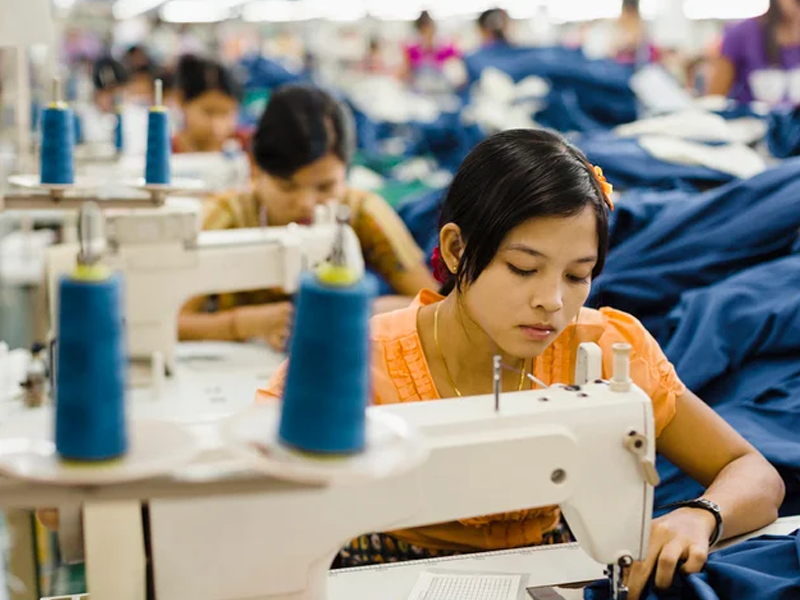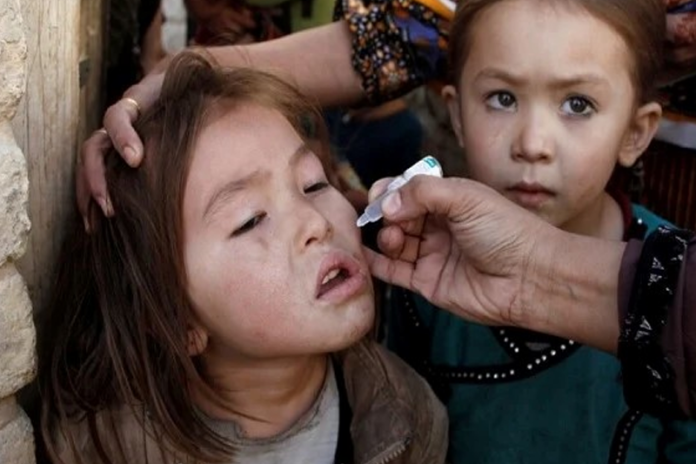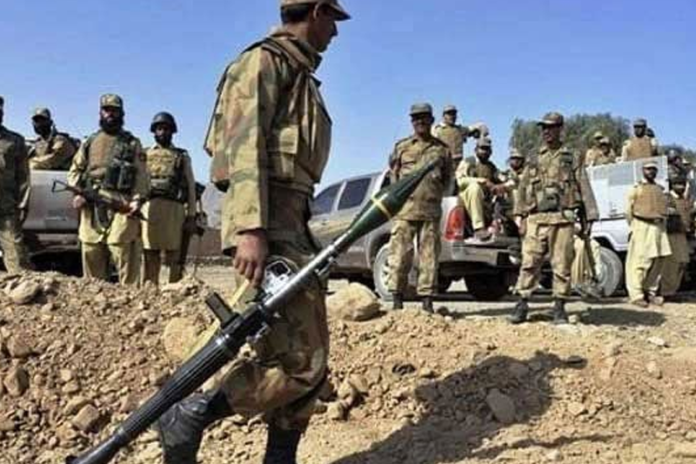2023: worst year for textile industry

- 268
- 0
Exporters associated with the textile industry are calling 2023 the worst year for their sector. According to them, the volume decreased by 14.5% compared to 2022, investors suffered huge losses and thousands of workers were laid off. This trend started in January and till June, the rate of decrease in exports was 13-29% per month.
In the first 6 months of the financial year 2023-24, the overall ratio of decline in exports has risen to 6.5%. The instability in the value of the dollar, rising prices of electricity and gas, global recession and non-payment of refunds are the major reasons for this decline.
In the light of the past situation, the textile sector has prepared a policy roadmap for the next elected government, in which the target of increasing the exports of this industry to 50 billion dollars by 2029 has been set. Competitive trade bilateral contracts market ( (CTBCM) and the metering limit for industrial users will be increased from one MW to five.
The role of the textile industry in the national economy has always been key, which is not only the backbone of exports but also the domestic economy. It is also very active in meeting the needs. Due to weak government policies, the agricultural sector is gradually declining and the low production of cotton is causing the need of raw materials for the textile industry to be met through imports.
In the light of this scenario, this is a homework for the Ministry of Planning, Industry and Commerce and other government and private institutions related to the economic sector and the Chamber of Commerce and Industry. It is time in the light of which the recommendations and suggestions prepared will provide guidance to the incoming elected government.
The coming government will have totake immediate steps for the restoration of the industry, because if the wheel of the industry runs, people will get employment. If the industry does not survive, people's jobs will also be lost. The rulers need to understand the basic point of the economic system that the increase in foreign exchange reserves is possible only by increasing exports.
Due to the rising cost of doing business and increase in power prices to the industries, this vital sector is in doldrums. For this, the textile sector really needs to be given protection. Our first priority should be to restore the balance of trade. The balance of our trade is not in our favor at the moment, due to which we are forced to take new loans to pay the old debts and also to pay the interest on them.
In this regard, we need to study the Bangladesh model, how they have made their country economically stable by consistently implementing the export-oriented growth policy.
The textile industry is working at barely 50% production capacity, which is expected to reduce the textile exports of one billion dollars on the monthly basis. The share of textiles in Pakistan's exports, which has been greater than that of all other industries combined, has been reduced to less than half as local cotton production has steadily declined over the past several years.
It may be recalled here that way back, in the late nineties, its cultivated area was 32 lakh acres. which is now 22 lakh acres.
More unfortunately, the 2022 floods destroyed a large part of the crop, while its imports were affected due to the recession in the global market which cost a real damage. One report says that our textile exports have fallen further by 15% to $16.5 billion due to higher energy prices. In two years, 25-30% of the mills have closed, killing more than 700,000 jobs. Due to the closure of small mills and manufacturing units, the export of bed sheets, towels and other textile products has been affected. India is benefiting the most from this situation. Our textile sector has affected the most in 2023. This is a very alarming situation which is not limited to textiles alone, other local and export industries are also facing similar issues.
The biggest problem facing the industry as a whole is the continuous increase in energy prices. The export industry is facing more difficulties in this regard because the goods we have to produce and supply to the global markets are not the only monopoly of Pakistan.
Our neighboring countries are our biggest competitors in global trade. They have access to cheaper gas and electricity than Pakistan so their cost of production is lower and they are earning more foreign exchange than us by selling goods at lower prices to customers. Due to increase in gas and electricity prices, Pakistan's textile industry has lagged far behind in the competition with other countries in the region.
Apart from this, instead of giving a chance to flourish, our industrial processes are always kept under the pressure of bureaucracy and tax authorities. To improve the business environment in Pakistan, no government has paid attention to "Ease of Doing Business" till date. The reason Pakistan is at the crossroads at present is the policies of the last several decades which are changed every few months to achieve short-term goals or to please a particular section.
If this government believes in advancing the journey of development on a stable basis by promoting industrialization in the country, then first of all it is necessary to make a long-term policy for industrialization.
In whatever policy is prepared in this regard, it is necessary to consult with all the stakeholders of the industry as well as to assure the political leadership that any political party forming the government in the future will not change this policy.
With this initiative, industrialists will be able to carry out industrial processes by planning on a long-term basis and Pakistan will not have to beg for loans from the IMF or other international financial institutions every now and then due to economic crisis.
At present the situation of the industry is that billions of rupees are stuck with the government due to delay in payment of refunds of sales tax and other duties and taxes.
On the other hand, the interest rate has reached 21 percent, due to which it is becoming more and more difficult for the industry to obtain loans.
All kinds of industries are suffering because of this. The coming government should think how the country will develop in such conditions.
Published in The Daily National Courier, January, 30 2024
Like Business on Facebook, follow @DailyNCourier on Twitter to stay informed and join in the conversation.

















































